Trece Sentidos – (Spanish)
$15.99
En un deslumbrante relato de pasion, Trece Sentidos de Victor Villasenor continua la estipulante epopeya familiar que empezo con el ampliamente reconocido bestseller Lluvia de Oro. Trece Sentidos abre con las bodas de oro del ya mayor Salvador y su elegante esposa, Lupe. Cuando un joven sacerdote le pide a Lupe que repita la sagrada frase ceremonial ‘respetar y obedecer,’ Lupe se sorprende a si misma al contestar–!No, no voy a decir obedecer! !Como se atreve! !Ah, no! !Usted no me va a hablar asi despues de cincuenta anos de matrimonio y sabiendo lo que se!–. Asi, la familia Villasenor se ve forzada a examinar el amor que Lupe y Salvador han compartido por tantos a nos: un amor universal, entrnable y sincero que eventualmente dara energia e inspiracion a la pareja en su vejez.
in stock within 3-5 days of online purchase
SKU (ISBN): 9780060505110
ISBN10: 0060505117
Language: Spanish
Victor Villasenor | Translator: Alfonso Gonzalez
Binding: Trade Paper
Published: October 2004
Publisher: Harper Collins Publishers
Print On Demand Product
Related products
-
10 Commandments Of Progressive Christianity
$7.99A cautionary look at ten dangerously appealing half-truths.
In 1923, J. Gresham Machen, then a professor at Princeton Seminary, wrote his classic text, Christianity and Liberalism. The book was a response to the rise of liberalism in the mainline denominations of his own day. Machen argued that the liberal understanding of Christianity was, in fact, not just a variant version of the faith, nor did it represent simply a different denominational perspective, but was an entirely different religion. Put simply, liberal Christianity is not Christianity.
What is remarkable about Machen’s book is how prescient it was. His description of liberal Christianity–a moralistic, therapeutic version of the faith that values questions over answers and being “good” over being “right”–is still around today in basically the same form. For this reason alone the book should be required reading, certainly for all seminary students, pastors, and Christian leaders.
Although its modern advocates present liberal Christianity as something new and revolutionary, it is nothing of the sort. It may have new names (e.g., “emerging” or “progressive” Christianity), but it is simply a rehash of the same well-worn system that has been around for generations.
The abiding presence of liberal Christianity struck me not long ago when I came across a daily devotional from Richard Rohr that listed ten principles he thinks modern Christianity needs to embody. These ten principles are actually drawn from Philip Gulley’s book, If the Church Were Christian: Rediscovering the Values of Jesus. In that devotional series, ironically titled “Returning to Essentials,” Rohr sets forth the ten principles as a kind of confessional statement of modern liberalism (while at the same time pretending to deplore confessional statements). They are, in effect, a Ten Commandments for progressive Christianity.
Indeed, these ten sound like they were gathered not so much on the mountaintop as in the university classroom. They are less about God revealing his desires and more about man expressing his own–less Moses, more Oprah.
But take note: each of these commandments is partially true. Indeed, that is what makes this list, and progressive Christianity as a whole, so challenging. It is a master class in half-truths that sound appealing on the surface until you dig down deeper and really explore their foundations and implications. Benjamin Franklin was right when he quipped, “Half the truth is often a
Add to cartin stock within 3-5 days of online purchase
-
Culture Wars : The Struggle To Define America
$41.65A riveting account of how Christian fundamentalists, Orthodox Jews, and conservative Catholics have joined forces in a battle against their progressive counterparts for control of American secular culture.
Add to cartin stock within 3-5 days of online purchase
-
Soul Searching : The Religious And Spiritual Lives Of American Teenagers
$140.00Winner of the 2006 Christianity Today Book Award for Christianity and Culture Description
In most discussions and analyses of American teenage life, one major topic is curiously overlooked–religion. Yet most American teens say that religious faith is important in their lives. What is going on in the religious and spiritual lives of American teenagers? What do they actually believe? What religious practices do they engage in? Do they expect to remain loyal to the faith of their parents? Or are they abandoning traditional religious institutions in search of a new, more “authentic” spirituality?
Answering these and many other questions, Soul Searching tells the definitive story of the religious and spiritual lives of contemporary American teenagers. It reports the findings of The National Study of Youth and Religion, the largest and most detailed such study ever undertaken. Based on a nationwide telephone survey of teens and their parents, as well as in-depth face-to-face interviews with more than 250 of the survey respondents, Soul Searching shows that religion is indeed a significant factor in the lives of many American teenagers. Chock full of carefully interpreted interview data and solid survey statistics, Soul Searching reveals many surprising findings. For example, the authors find that teenagers are far more influenced by the religious beliefs and practices of their parents and other adults than is commonly thought. They challenge the conventional wisdom that many teens today are “spiritual seekers.” And they show that greater teenage religious involvement is significantly associated with more positive adolescent life outcomes.
Soul Searching reveals the complexity of contemporary teenage religious life, showing that religion is widely practiced and positively valued by teens, but also de-prioritized and very poorly understood by them, yet significant nonetheless in shaping their lives. More broadly, Soul Searching describes what appears to be a major transformation of faith in the U.S., away from the substance of historical religious traditions and toward a new and quite different faith the authors call “Moralistic Therapeutic Deism.”Add to cartin stock within 3-5 days of online purchase

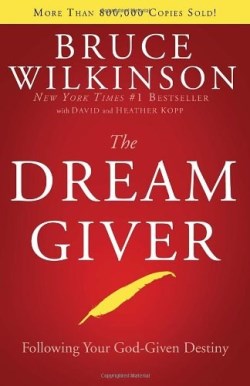 Dream Giver : Following Your God Given Destiny
Dream Giver : Following Your God Given Destiny
 3 Nail Cross Galatians 2:20
3 Nail Cross Galatians 2:20
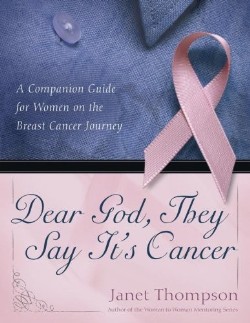 Dear God They Say Its Cancer
Dear God They Say Its Cancer
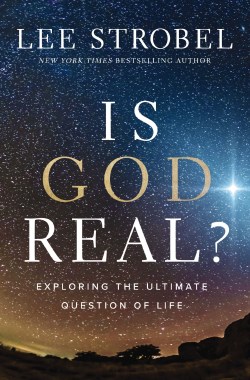 Is God Real
Is God Real
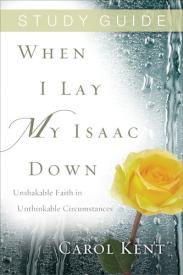 When I Lay My Isaac Down Study Guide (Student/Study Guide)
When I Lay My Isaac Down Study Guide (Student/Study Guide)
 Sandpiper Cove : A Hope Harbor Novel (Reprinted)
Sandpiper Cove : A Hope Harbor Novel (Reprinted)
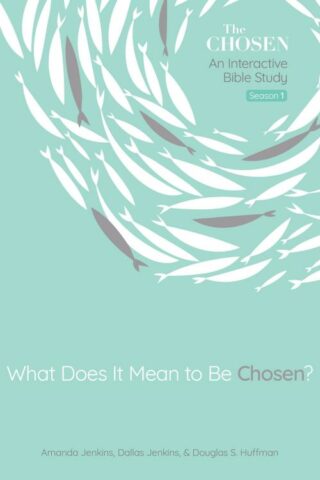 What Does It Mean To Be Chosen
What Does It Mean To Be Chosen
 War Room Answered Prayer
War Room Answered Prayer
 Ambush
Ambush
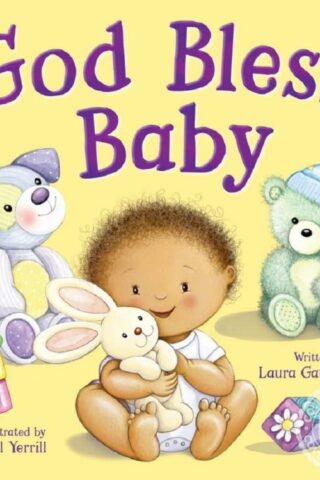 God Bless Baby
God Bless Baby
 Grace And Truth Sing For Joy Long Sleeve Hooded (Medium T-Shirt)
Grace And Truth Sing For Joy Long Sleeve Hooded (Medium T-Shirt)
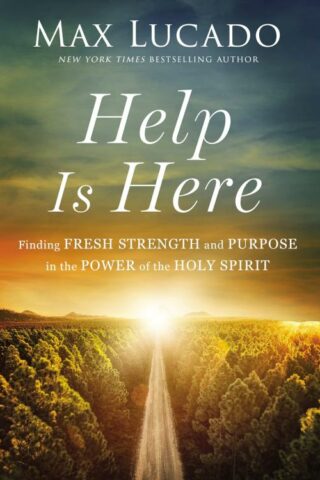 Help Is Here
Help Is Here
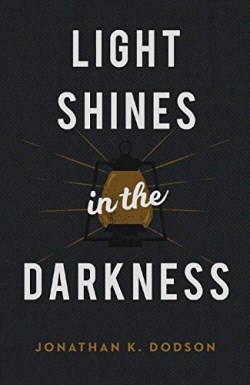 Light Shines In The Darkness
Light Shines In The Darkness
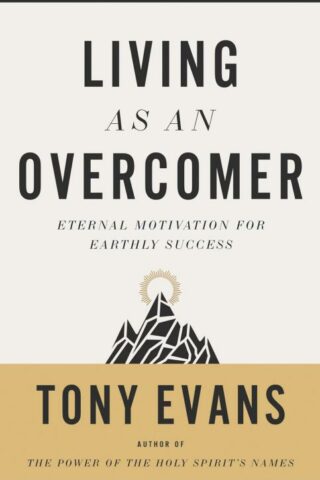 Living As An Overcomer
Living As An Overcomer
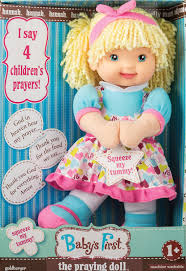 Babys First Hannah The Praying Doll
Babys First Hannah The Praying Doll
 My Love Language Is Photo Frame
My Love Language Is Photo Frame
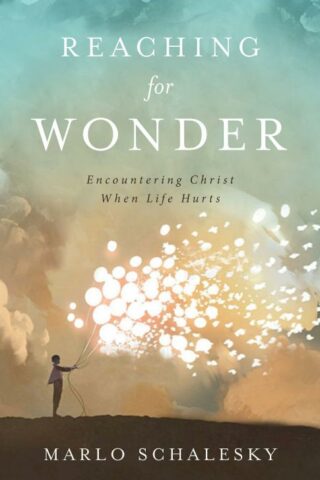 Reaching For Wonder
Reaching For Wonder
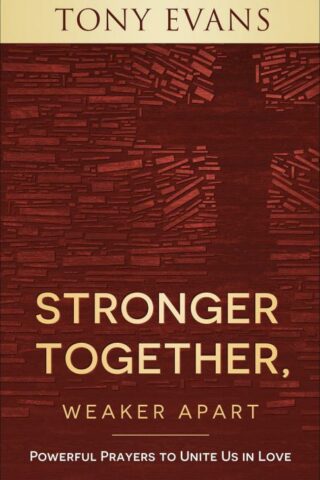 Stronger Together Weaker Apart
Stronger Together Weaker Apart
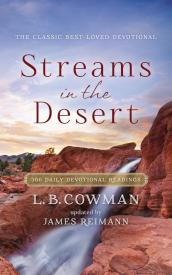 Streams In The Desert
Streams In The Desert
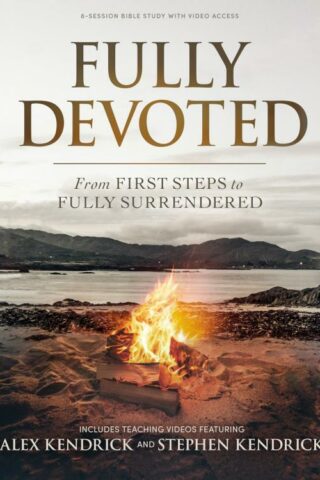 Fully Devoted Bible Study Book With Video Access (Student/Study Guide)
Fully Devoted Bible Study Book With Video Access (Student/Study Guide)
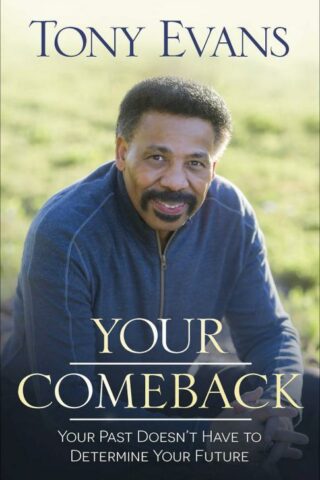 Your Comeback : Your Past Doesnt Have To Determine Your Future
Your Comeback : Your Past Doesnt Have To Determine Your Future
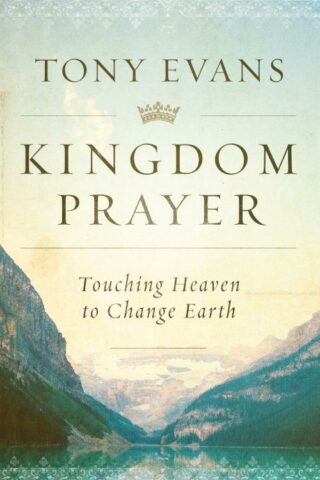 Kingdom Prayer : Touching Heaven To Change Earth
Kingdom Prayer : Touching Heaven To Change Earth
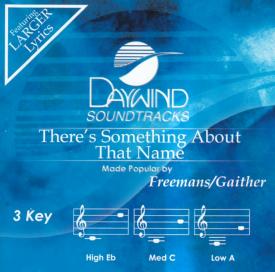 There's Something About That Name
There's Something About That Name
 Finish Strong
Finish Strong
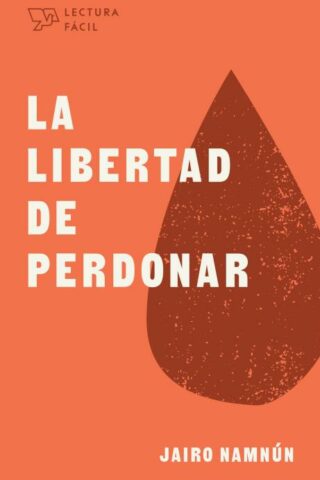 Libertad De Perdonar - (Spanish)
Libertad De Perdonar - (Spanish)





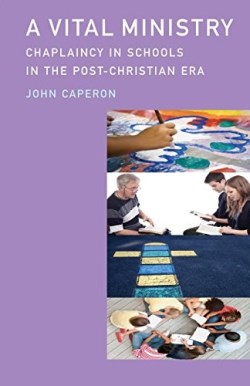
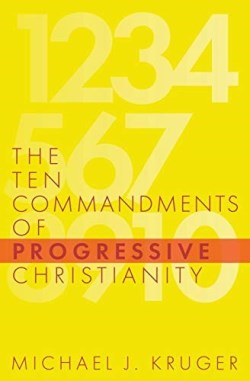

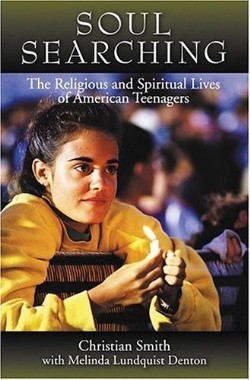

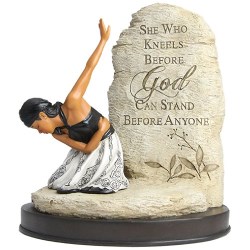

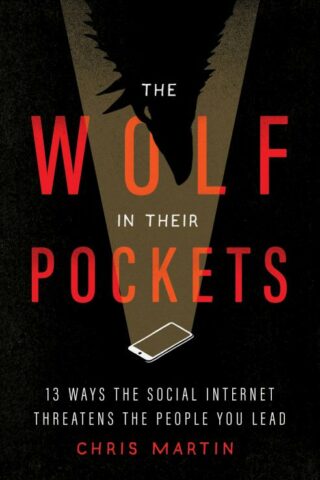

Reviews
There are no reviews yet.